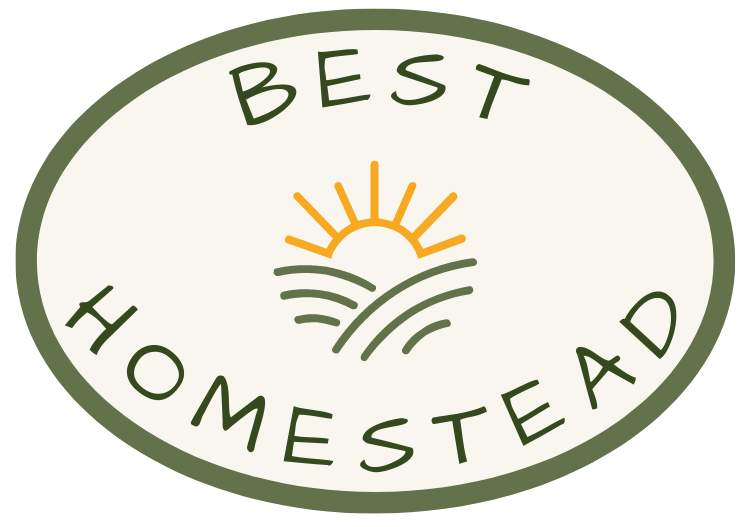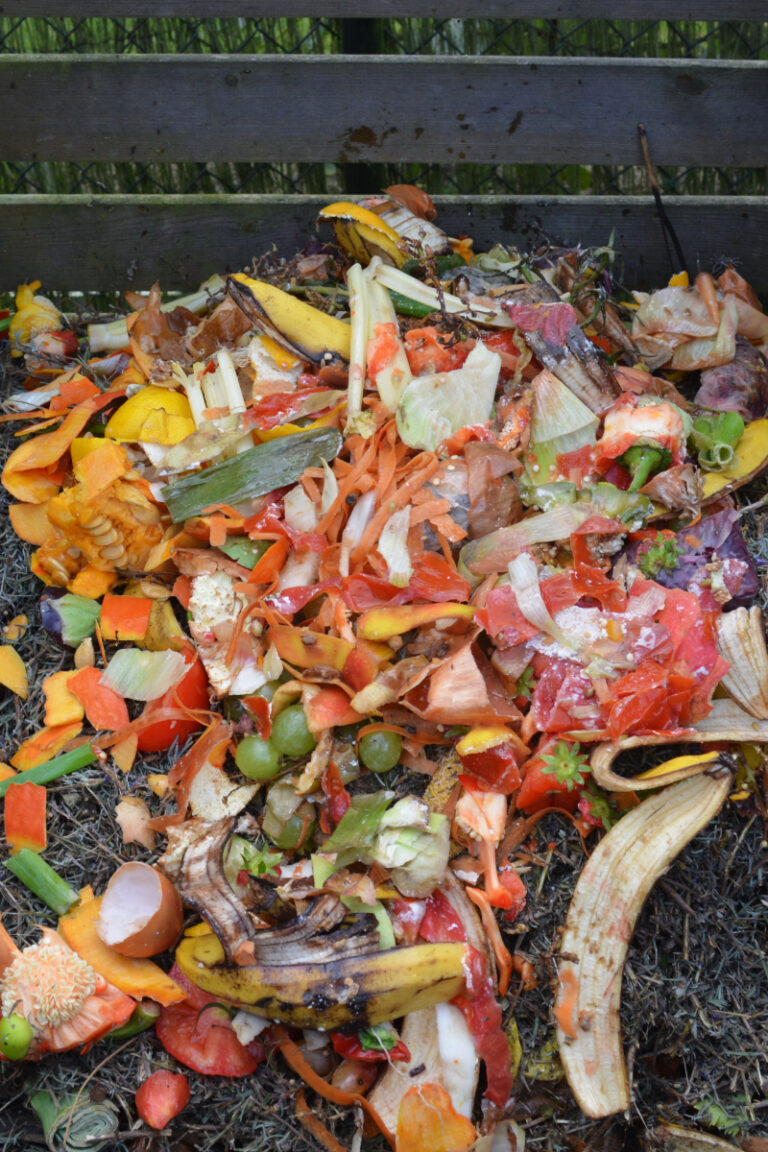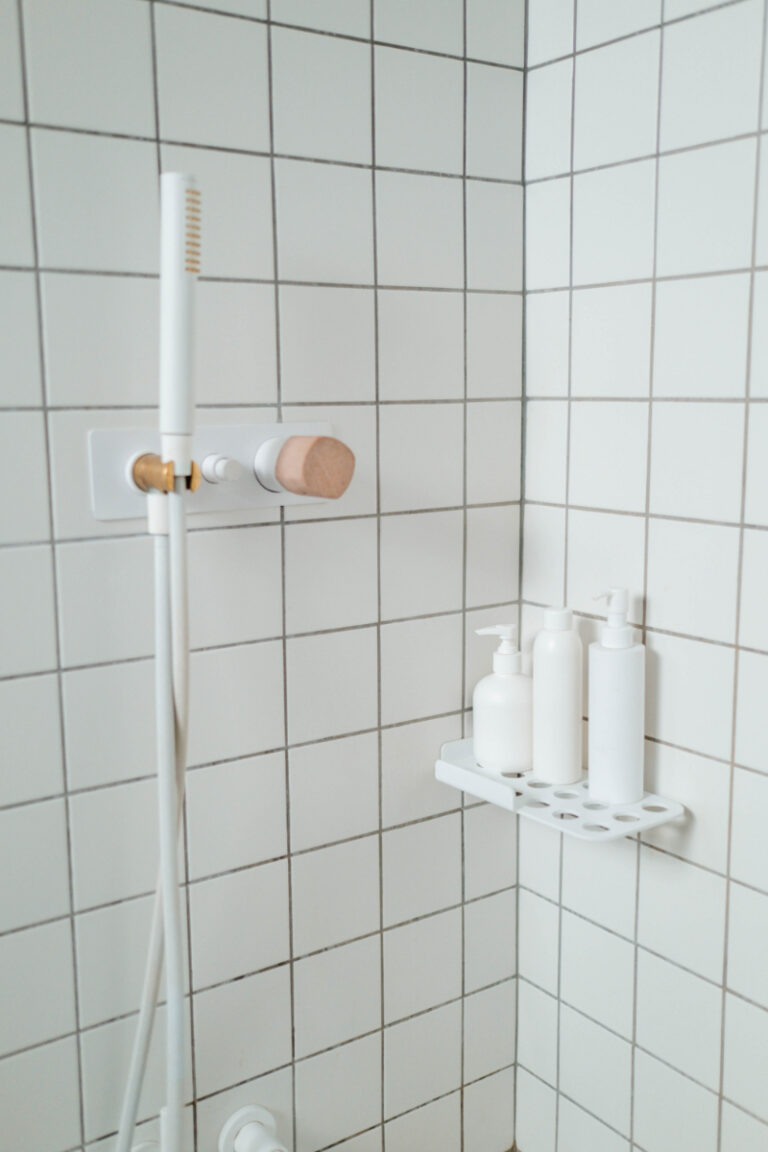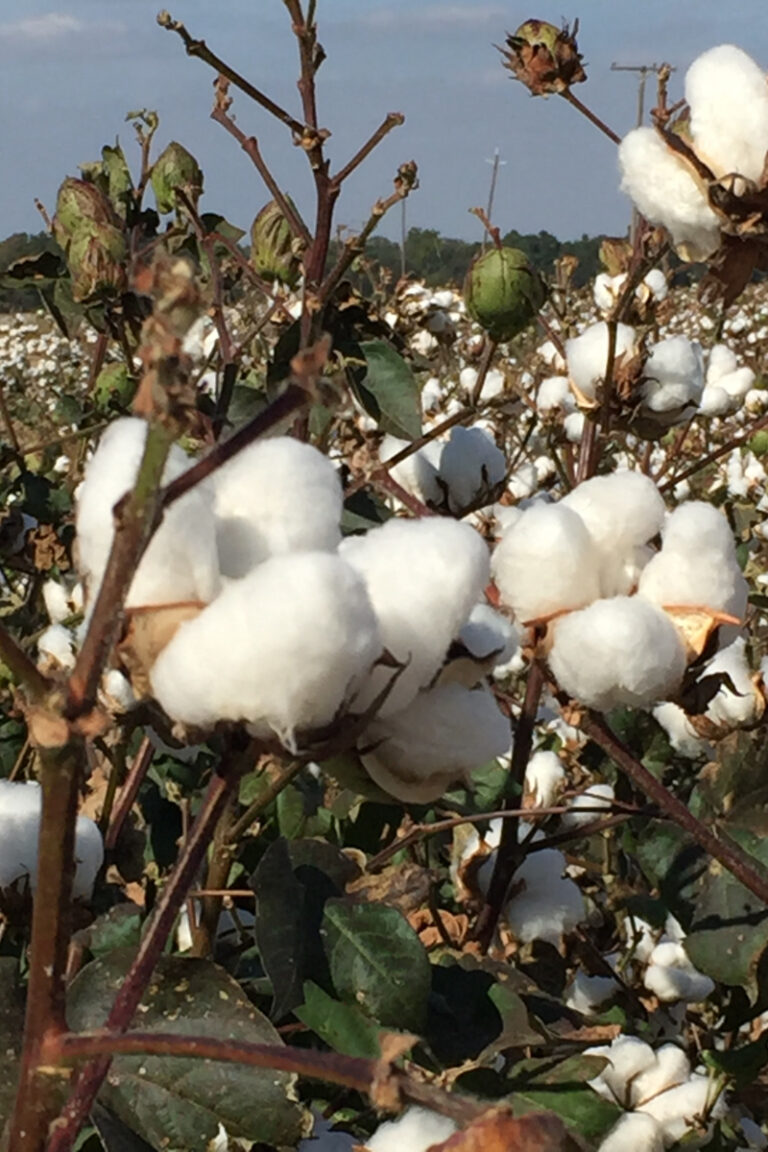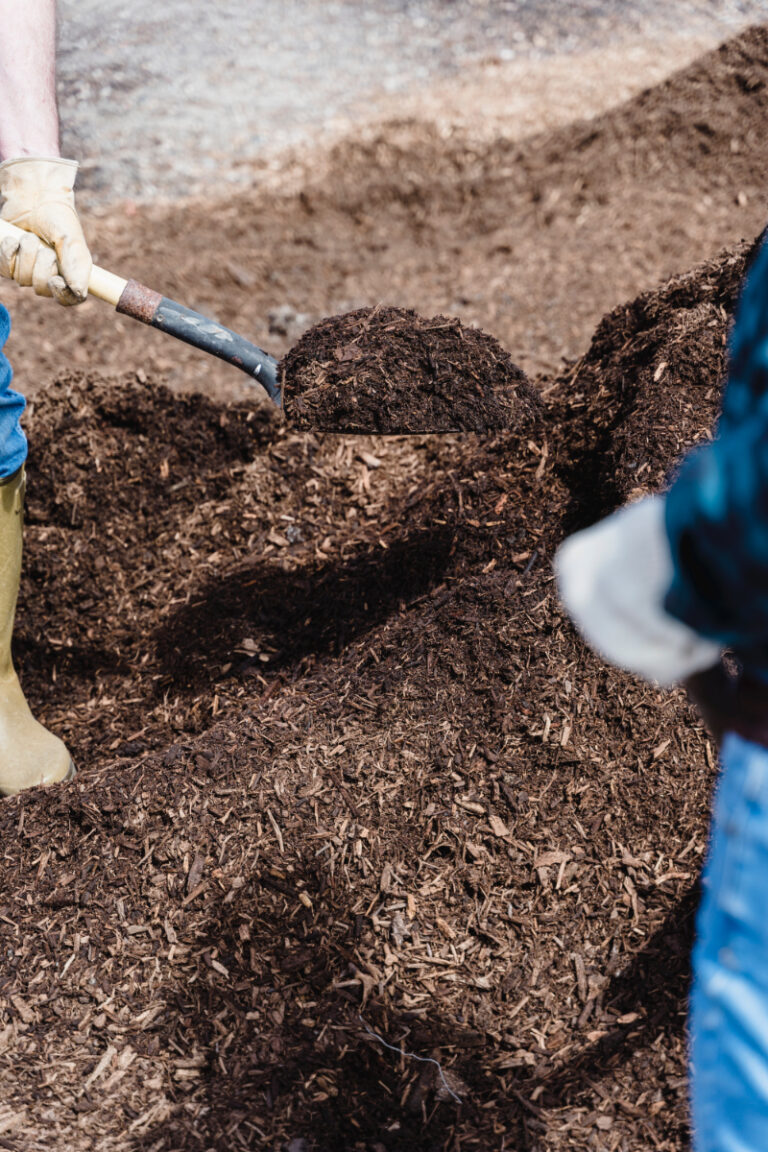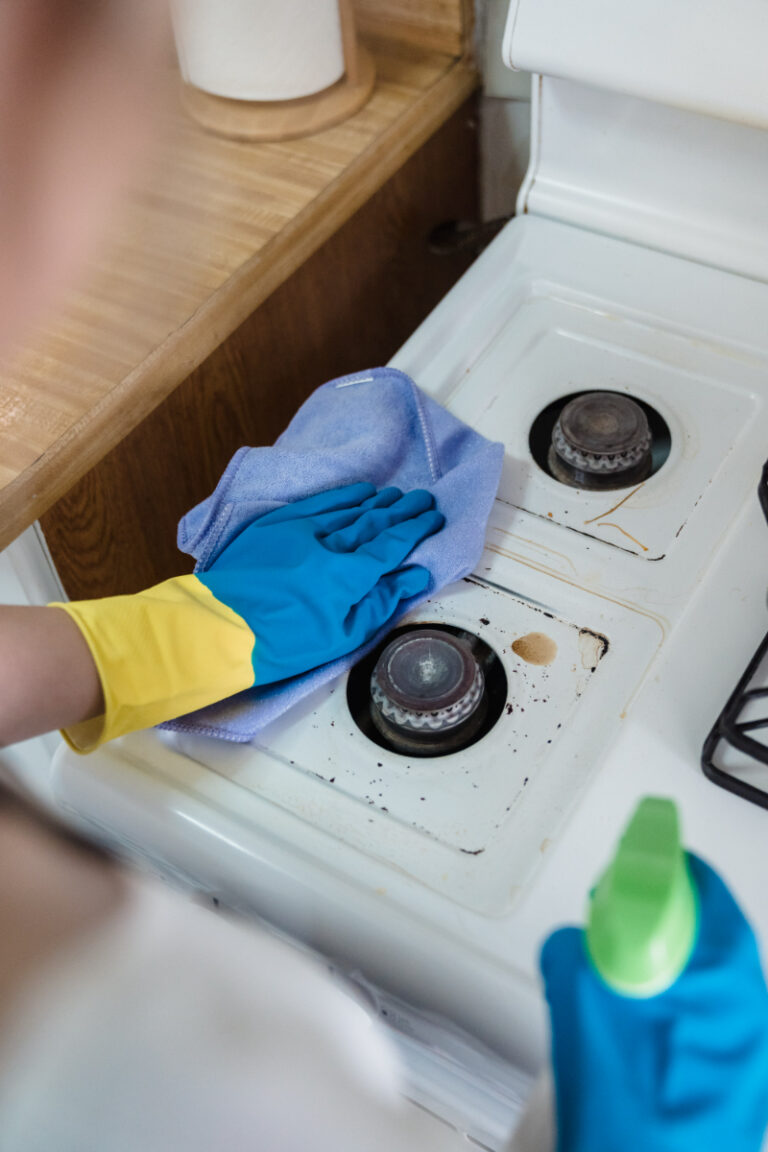Transform Your Garden with Composted Paper Towels
Understanding the Basics of Composting
Before diving into the specifics of composting paper towels, let’s ensure that you have a clear understanding of what composting is. Composting is a natural process that turns organic materials like food scraps, fruit peels, vegetable scraps, leaves and yard waste into a nutrient-rich soil conditioner. This process is carried out by microorganisms such as bacteria and fungi, along with larger creatures like worms.
Composting is not only beneficial for your garden but also significantly contributes to reducing landfill waste. By composting, you are essentially recycling organic material and giving it a new purpose. It’s a simple act, but one that has far-reaching implications and environmental impact.
Now that you’ve got a handle on what composting is, let’s get into the question at hand: can you compost paper towels?
Turning Trash into Treasure: The Comprehensive Guide to Composting Paper Towels and Inspiring Sustainable Change in Your Community
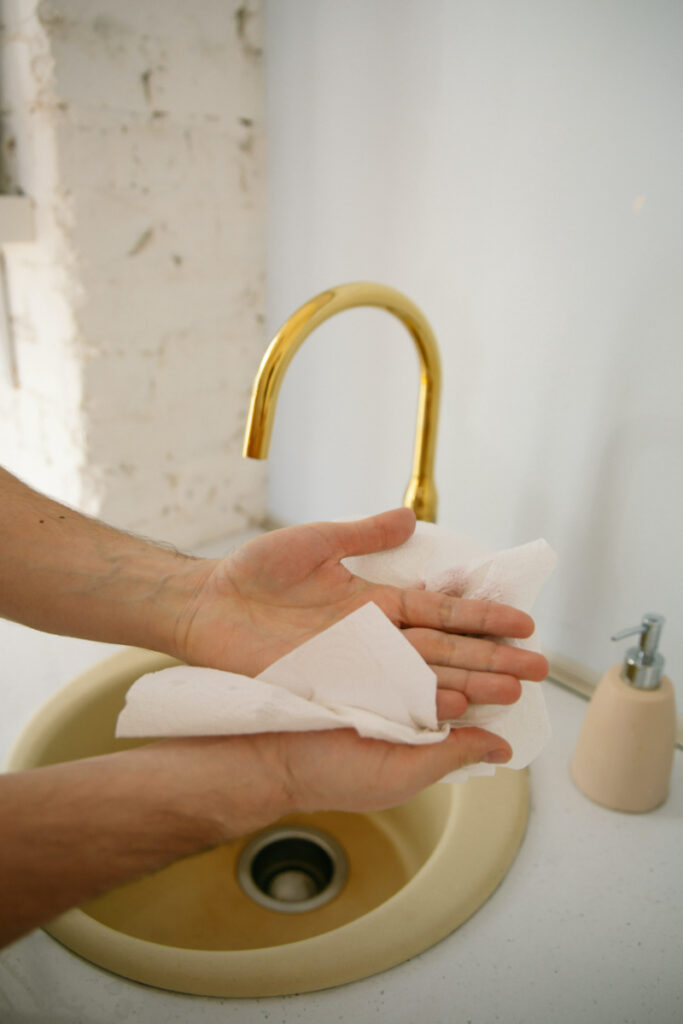
Your Role in Composting
Your Impact on the Environment
Every decision you make, every product you consume, and every waste you dispose of has an impact on the environment. It’s easy to dismiss your individual contribution as insignificant, but when combined with billions of other people on the planet, it can lead to astonishing amounts of waste.
Global waste is a growing problem, with landfills reaching their capacity and plastic pollution affecting marine ecosystems. But there’s good news: you can be part of the solution.
How You Can Make a Difference
One of the most effective ways you can reduce your environmental footprint is through composting. By composting at home, you are actively reducing the amount of waste that ends up in landfills. This is important because organic waste in landfills generates methane, a potent greenhouse gas that contributes to climate change.
Composting, on the other hand, turns your organic matter waste into valuable, nutrient-rich compost that can enrich your garden, improve soil health, and even reduce the need for chemical fertilizers.
And it’s not just about fruit peels and vegetable scraps. Many everyday items can be composted, and one such item is paper towels. Composting unused paper towels may seem like a small step, but remember, every small action adds up. When millions of people start composting their paper towel waste, the cumulative effect can be significant.
The Debate: Can You Compost Paper Towels?
Exploring the Possibility
The question of whether you can compost paper towels is one that has been asked by many. On the surface, it may seem like a straightforward yes or no answer, but in reality, it’s a bit more complex than that.
Paper towels are, after all, made from a tree’s wood pulp – a natural resource. They are biodegradable and break down over time, especially when exposed to the elements of a compost heap.
However, not all paper towels are created equal. Those that have been used with chemical cleaning products, or that are heavily dyed or perfumed, might not be suitable for composting. These chemicals can potentially harm the microorganisms that help break down your compost pile and could also contaminate your soil.
Unraveling the Facts
Despite these potential issues, the consensus among most composting experts is that yes, you can compost clean paper towels, paper napkins, paper towel rolls and toilet paper rolls.
Plain, undyed, and unperfumed paper towels that have been used to wipe up food spills, dry hands, or clean surfaces with non-chemical cleaners can safely be added to your compost pile.
They provide a source of carbon, which is needed to balance the nitrogen-rich green materials like vegetable peels and grass clippings.
In addition, composting paper towels helps reduce the amount of waste going into landfills. Given that paper towels are a single-use item and often used in large quantities, composting them can have a significant impact on waste reduction.
How You Can Compost Paper Towels – Simple Steps
Step-by-Step Guide for Composting
- Identify Suitable Paper Towels: Before you start composting paper towels, it’s important to identify which ones are suitable. As mentioned earlier, plain, undyed, and unperfumed paper towels that haven’t been used with chemical cleaners are the best choices.
- Collect Your Paper Towels: Keep a dedicated bin or container in your kitchen or wherever you use paper towels frequently. Instead of throwing them in the trash, toss them in this bin to begin the recycling process.
- Add Them to Your Compost Pile or Bin: When you’re ready, add the single-use paper towels to your compost pile or bin. Remember, composting requires a balance of green (wet) and brown (dry) materials. Paper towels are considered brown material, which provides carbon.
- Mix It Up: To speed up the decomposition process and eliminate foul odors, make sure to turn or mix your compost pile regularly. This allows air to circulate and aids in the breakdown of materials.
Tips and Tricks to Enhance Your Composting Experience
- Balance is Key: Always maintain a good balance between green and brown materials in your compost pile. Too much of either can slow down the composting process. Coffee grounds and dry leaves make great brown matter, while food waste and grass clippings make great green materials.
- Size Matters: Tear or cut larger paper towels into small pieces before adding them to your compost pile. Smaller pieces of paper fibers break down faster.
- Moisture Control: Paper towels are great for controlling moisture in your compost pile. If your pile is too wet, add more paper towels. If it’s too dry, add less.
- Avoid Contaminated Towels: Never compost dirty paper towels that have been in contact with oil, grease, or harmful chemicals. These can contaminate your healthy compost pile and the resulting compost.
Precautions You Should Consider
Potential Risks and How to Avoid Them
While composting disposable paper towels is generally safe and beneficial, there are a few potential risks that you should be aware of.
- Chemical Contamination: As mentioned earlier, paper towels that have been used with harsh chemicals, cleaners or are heavily dyed or perfumed should not be composted. These chemicals can harm the microorganisms in your composting bin and could potentially contaminate your soil and plants.
- Disease Spread: Paper towels used to clean up bodily fluids or animal waste should also not be composted. They could potentially spread diseases or parasites.
- Fire Hazard: If your home compost bin is too dry, it could potentially become a fire hazard, especially in hot, dry weather. The best way to prevent this is to ensure your pile has enough green material and is kept moist (but not wet).
Your Safety First
Composting is a great way to reduce waste and improve your garden’s health, but always remember to put your safety first.
Wear gloves when handling your compost pile, especially if you have cuts or sores on your hands. Wash your hands after handling compost, and avoid touching your face or eyes.
The Benefits You Gain from Composting Paper Towels
Environmental Advantages
Composting paper towels has several key environmental benefits:
- Waste Reduction: Every paper towel you compost is one less item going to the landfill. Given the single-use nature of paper towels, this can significantly reduce the volume of waste your household produces.
- Carbon Sequestration: Composting organic material like paper towels helps sequester carbon, reducing the amount of carbon dioxide released into the atmosphere.
- Resource Conservation: By composting paper towels, you’re giving them a second life as compost, a valuable resource for your garden. This reduces the need for commercial, chemical-based fertilizers.
Personal Benefits for You
Aside from the environmental benefits, composting paper towels also offers personal benefits:
- Garden Health: The compost generated from your pile will enhance the health of your garden. It enriches the soil, improves its structure, and helps retain moisture, which can lead to more vigorous plants and better crop yields.
- Cost Savings: Composting reduces the need for commercial soil amendments and fertilizers, saving you money in the long run.
- Eco-conscious Living: Composting paper towels is a simple, practical step towards a more sustainable lifestyle. It’s a habit that not only benefits the environment but also reinforces your commitment to eco-conscious living.
Promoting Composting in Your Community
Becoming a Composting Advocate
Once you’ve started composting paper towels, you might find yourself becoming more aware of other opportunities to compost and reduce waste. This newfound understanding can be shared with others in your community to further multiply the benefits of composting. Here’s how you can do it:
- Educate Your Neighbors: Share what you’ve learned about composting with your neighbors. Let them know about the environmental impact and personal benefits it offers.
- Start a Community Compost Program: If your neighborhood doesn’t already have one, consider starting a community compost program. This could involve setting up a central compost pile where neighbors can contribute their organic waste.
- Work with Schools: Reach out to local schools to see if they’d be interested in setting up a composting program. This could be tied into science or environmental education programs.
- Partner with Local Businesses: Some businesses generate a lot of organic waste that could be composted. Restaurants, coffee shops, and grocery stores are just a few examples.
The Journey Towards Sustainable Living
Promoting composting in your community is a significant step towards sustainable living. It not only helps reduce waste but also fosters a sense of community and shared responsibility for our planet’s health.
Remember, change starts with small steps. By composting your paper towels, you’re making a positive impact on your environment. And by promoting composting in your community, you’re helping to create a larger, more significant change.
Conclusion
The journey towards a more sustainable lifestyle often starts with small, achievable steps. Composting paper towels is one such step. Not only does it help reduce the volume of waste going into our landfills, but it also transforms a commonly discarded item into a valuable resource for enriching our soil and nourishing our gardens.
While there are precautions to be taken, particularly regarding the types of paper towels suitable for composting, the benefits far outweigh the risks. By using compostable paper towels, you’re contributing to carbon sequestration, conserving resources, promoting garden health, and saving on gardening costs.
Moreover, your composting efforts don’t have to stop at your backyard. By becoming a composting advocate in your community, you can multiply these benefits exponentially and inspire others to embark on their own journeys towards sustainability.
In essence, composting paper towels is much more than just an eco-friendly practice; it’s a testament to the impact that small, conscious decisions can make on our planet’s health. So go ahead, start composting your paper towels, and take one more step towards a sustainable future.
